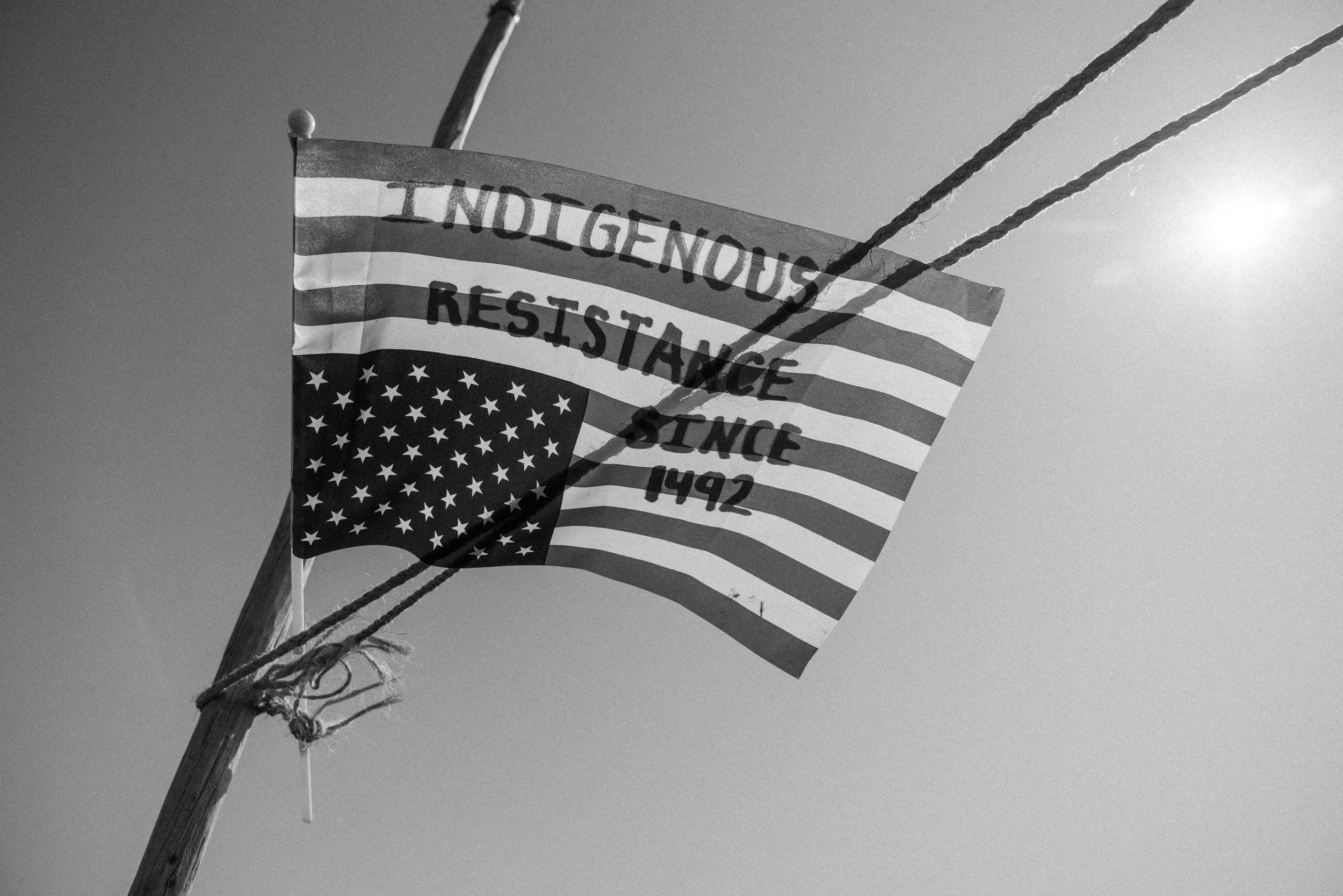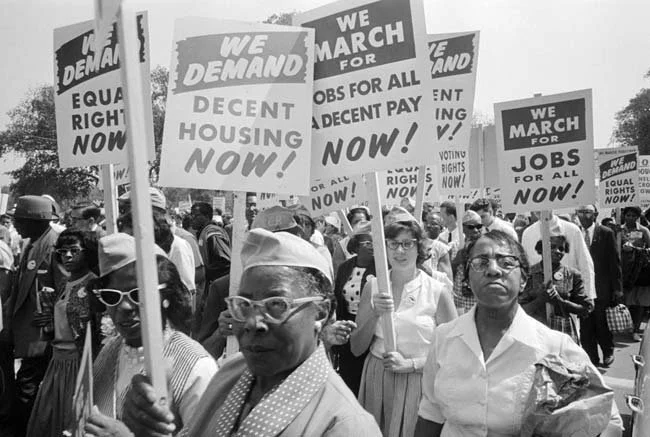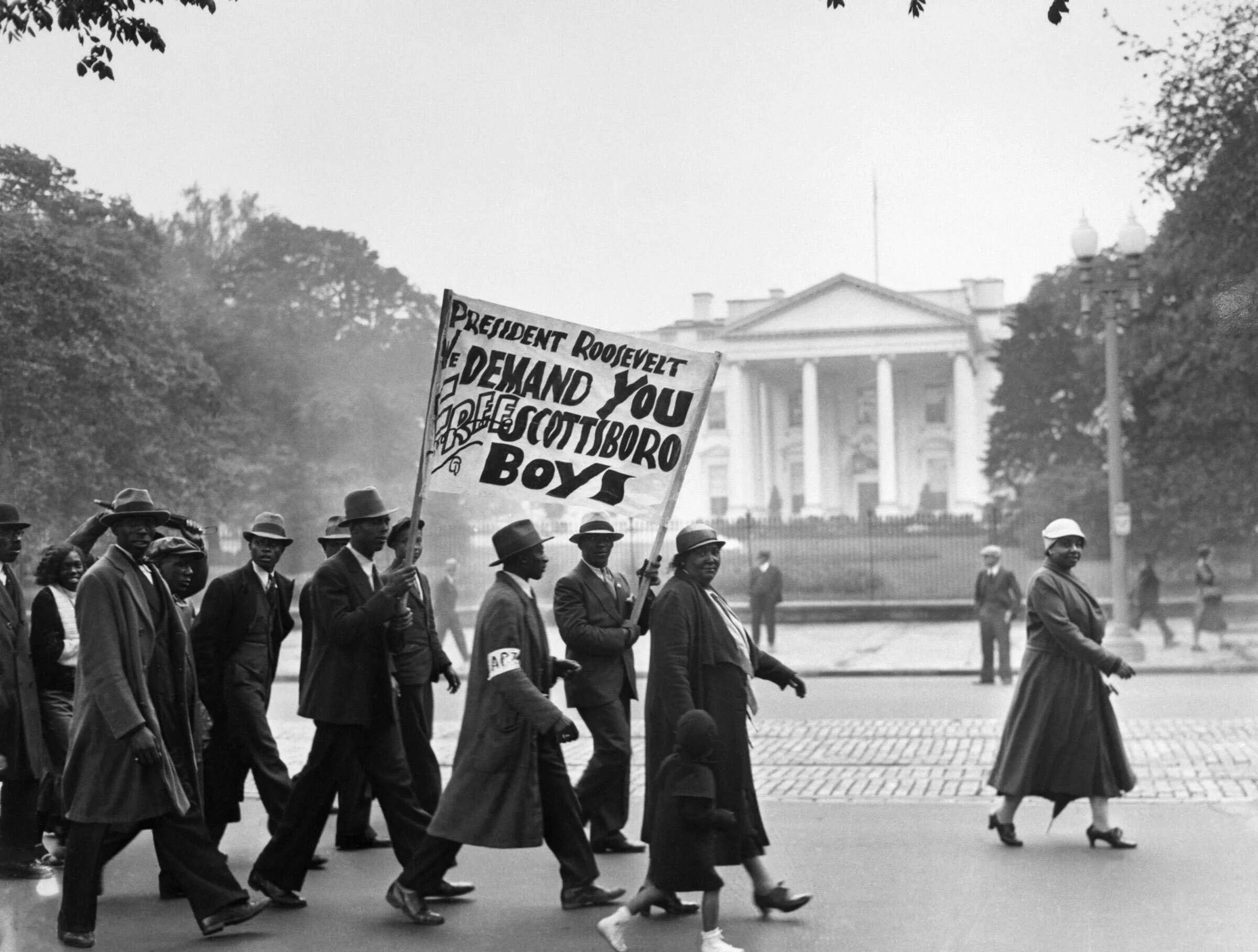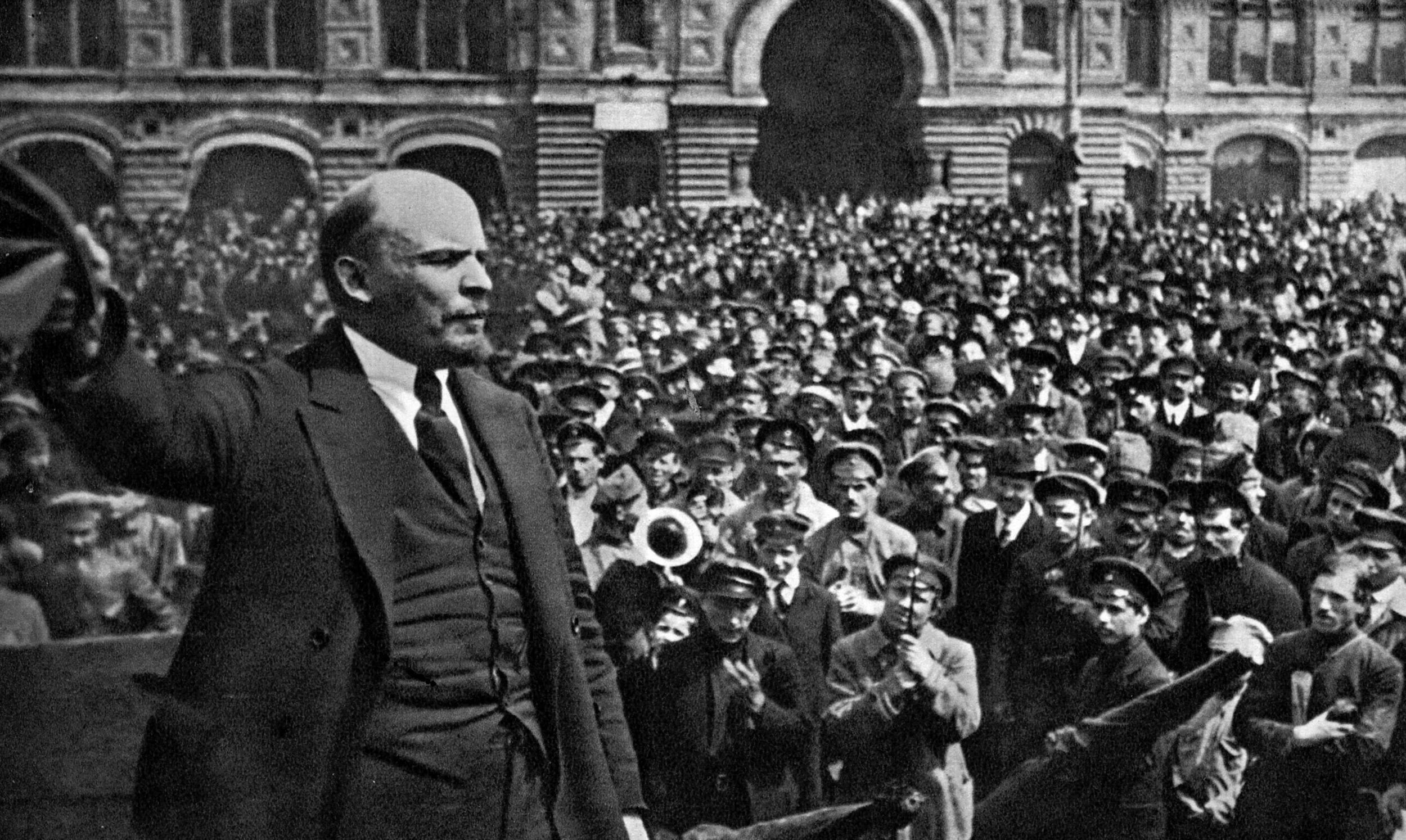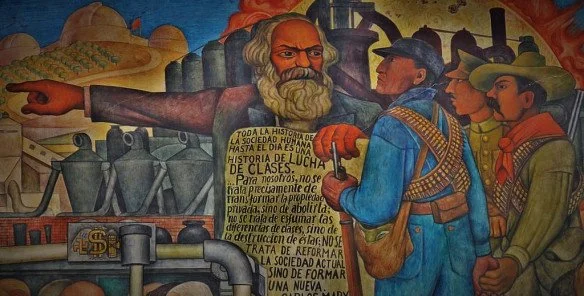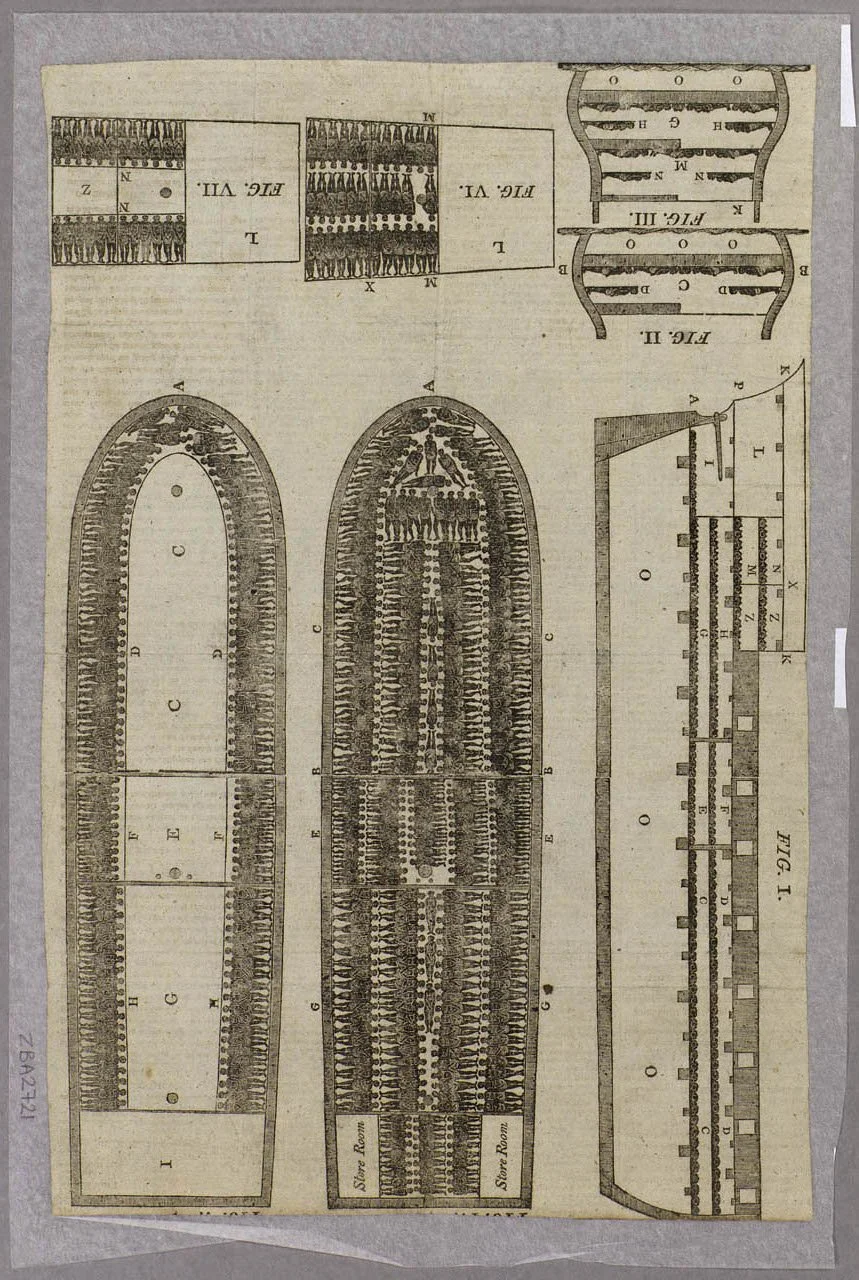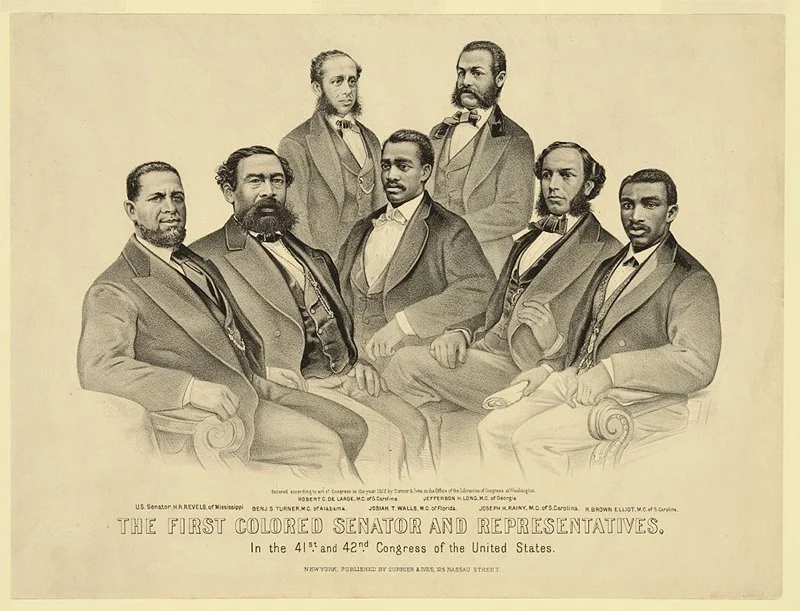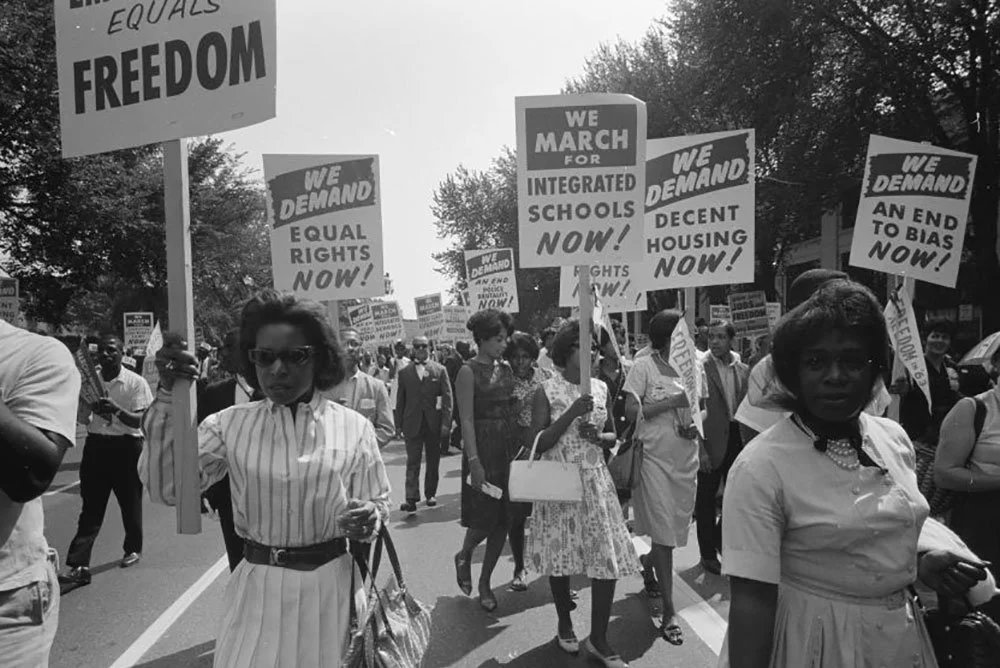MODULE 3our
history
of
struggle
Class 1: how the people took power
Lessons from 1917
Tuesday, July 29 | 6:30 - 8:30 PM ET
Instructor: Layan Fuleihan
Socialist revolution is not just an abstract term, it’s happened before. This class looks to the 1917 Bolshevik Revolution to understand how ordinary working people seized power and built the world’s first socialist state. We’ll study the material conditions that made this rupture possible, the role of the Bolshevik Party, and what it meant to establish a state with workers at the helm. We’ll ask: What were the challenges and achievements of this revolution? And what can we learn from 1917 as we study what’s possible today?
Class 2: the violent origins of u.s. capitalism
Thursday, July 31 | 6:30 - 8:30 PM ET
Instructor: Nazia Kazi
“Capitalism comes into the world dripping from head to foot, from every pore, with blood and dirt.” - Karl Marx.
This class traces how the transatlantic slave trade, settler colonialism, and the theft of Indigenous land gave rise to the modern capitalist system. We’ll examine how forced labor, genocide, and white supremacy were tools of violence essential to the accumulation of wealth and the organization of society in the U.S. Understanding these foundations helps us see how capitalism continues to function today: through racism, extraction, and exploitation, and clarifies where our fight for the future lies.
Class 3: the unfinished revolution
Black Reconstruction
Tuesday, August 5 | 6:30 - 8:30 PM ET
Instructor: Amari Butler and Eugene Puryear
Reconstruction was one of the most revolutionary periods in U.S. history. After the Civil War, newly freed Black communities organized to transform society: building schools, seizing political power, redistributing land, and redefining what freedom really means. This class explores Reconstruction as a working-class experiment in democracy and socialism, and asks why it was so violently overthrown by the white ruling class. By returning to this “unfinished revolution,” we uncover lessons about power, repression, and the ongoing fight for a “third reconstruction” today.
Class 4: the civil rights revolution
The Second Reconstruction
Thursday, August 7 | 6:30 - 8:30 PM ET
Instructor: Amari Butler and Eugene Puryear
The Civil Rights revolution shook the foundations of U.S. capitalism and imperialism. This class examines how Black organizers advanced revolutionary demands, built mass organizations, and linked domestic liberation with international struggles. We’ll look at what these movements achieved, how the state responded, and what they teach us about the challenges of building power in the heart of the empire.
Mid-Module 3 questions
The module reflection questions are an opportunity to synthesize the lessons from the previous module and prepare for upcoming classes. The reflection questions will be the main way to confirm participation and earn a course certificate at the end. You can submit them individually, or gather as a group to discuss and submit them collectively. If you are submitting as a group, please indicate the names of group members.

